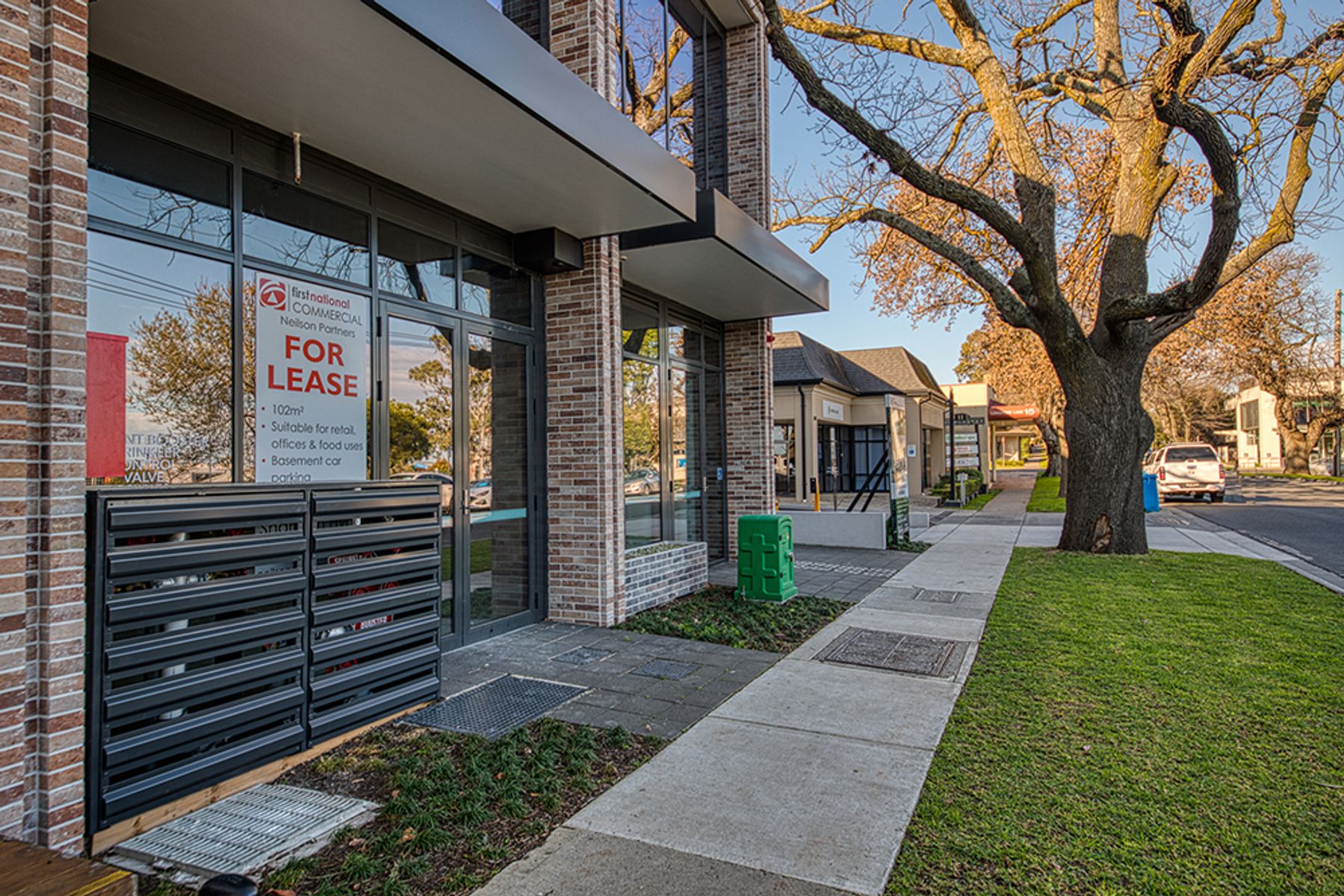Self-managing your rental property comes with a range of legal and financial responsibilities, so it’s important you’re clear on how much work you want to put in to being a Rental Provider and what elements of renting out your property might be better outsourced.
These responsibilities are often overlooked, so novice Rental Providers are inevitably vulnerable to making mistakes. We don’t want that to happen and, as much as we’d love to show you all the advantages we bring to the table, we’ve outlined in this article the most common mistakes we see that bring Investors to First National Real Estate Neilson Partners for help.
Inadequate selection and screening of potential Renters
In an effort to save money on advertising, self-managing investors will often use their own networks to find a renter for their property. This may be a cousin’s husband’s mate, or a friend of a friend from social media.
While using your contacts may seem like a good idea, someone your friend says is a great laugh at the pub doesn’t necessarily make a great renter. This personal connection can also influence investors into thinking they don’t need to do a background check on their prospective renter. A verbal reference in a social setting is not the same as a qualified reference from someone who has dealt with that renter in the same capacity – such as their previous Rental Provider or Property Manager.
These kinds of oversights can be disastrous. Overlooking information such as why their last tenancy ended (were they evicted?), what their current employment situation is (can they pay their rent?); and why they’re currently between homes.
A reference check is also important when it comes to unpaid rent or property expenses. Without that history there may be no way of chasing a renter who defaults and disappears.
Neglecting to tick all the boxes
Finding a Rental Agreement and Condition Report template online might be fine, but is it customised to your investment property, or to the specifics of the arrangement with your new renter? Damage that occurs during their tenancy can only be evidenced by a report that states the condition of the property before they moved in – their word or your word will not stand up if challenged at VCAT.
A customised lease and condition report that is signed by everyone and agreed upon as the status quo at the time of the tenancy commencing is your only security when it comes to property damage, maintenance and care.
Insufficient processes around bond and rental income
First and foremost, before a Renter moves in a bond must be secured, so in the event of the tenancy ending, any miscellaneous damages can be dealt with using this bond as collateral.
Another hidden loss that self-managed investors unknowingly implement comes from not accurately calculating rental income. A full calendar year is not evenly distributed across 12 months exactly so monthly rent should be calculated annually as a calendar month amount rather than simply billed as a monthly amount.
Owners that keep effective rental records will learn this quickly enough, while those who don’t follow accurate record keeping procedures will usually find out far too late about all the income they’ve missed out on.
Failing to obtain Landlord Insurance
Landlord Insurance is an enhanced form of home (building and/or contents) insurance, which includes cover for the events that a traditional home insurance policy would be expected to cover, such as storm and fire, but has additional features which are applicable to you as a Rental Provider, such as cover for damage caused by loss of rent, damage by renters, liability, rent default or clean-up costs associated with illegal drug production.
You may never need it but there can be significant interruptions to your property’s income earning potential when things go wrong.
At First National Real Estate Neilson Partners our property management team have a reputation for personalised service, integrity, and exceptional results.
Now more than ever, you can feel confident investing with a dedicated team who will provide a stress-free transition all the while ensuring the viability of your investment.








